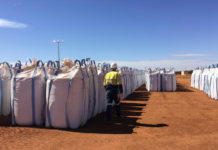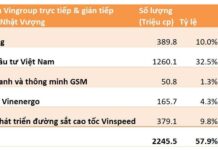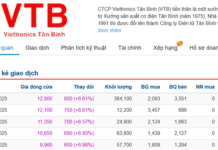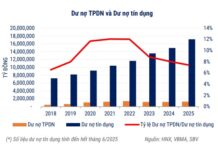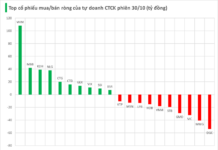Vietnam’s Gasoline and Oil Supply: Domestic Production Increases, Imports Decrease
On September 18, the Ministry of Industry and Trade held a meeting to discuss the implementation of the total gasoline and oil supply, along with measures to ensure a stable supply for the remainder of the year.
TOTAL GASOLINE AND OIL SUPPLY: DOMESTIC PRODUCTION INCREASES, IMPORTS DECLINE
At the meeting, Ms. Nguyen Thuy Hien, Deputy Director of the Domestic Market Department, stated that the total minimum gasoline and oil supply for 2024 allocated by the Ministry of Industry and Trade to 36 trading enterprises amounted to 28,437,856 cubic meters/tons.
In terms of domestic production, the two refineries (Dung Quat and Nghi Son) reported a production volume of approximately 11.4 million cubic meters/tons for the first eight months of 2024, representing a 2.1% increase compared to the same period in 2023.
Regarding imports, according to the General Department of Customs, the volume of imported gasoline and oil products during the same period was about 8.256 million cubic meters/tons, a decrease of 4.3% compared to the previous year.
Thus, according to reports from the refineries and the General Department of Customs, the total production and import volume of gasoline and oil products for the first eight months of 2024 reached approximately 19.6 million cubic meters/tons (with imports accounting for 42% and domestic production accounting for 58%).
Reports from the trading enterprises indicated that the total volume of imports and domestic purchases for the first eight months of 2024 reached 18.16 million cubic meters/tons, equivalent to 63.7% of the minimum total volume allocated by the Ministry of Industry and Trade. This figure is on par with the same period last year.
In terms of consumption, the country’s gasoline and oil consumption for the first eight months of 2024 was approximately 18 million cubic meters/tons, representing a 4% increase compared to the previous year. As of August 2024, the inventory level was approximately 1.95 million cubic meters/tons, reflecting an increase of about 8% compared to 2023.
Out of the 36 trading enterprises, 34 have executed their allocated total sources, with 22 achieving over 60% of their allocated plans for the minimum total sources for 2024. Among these, six enterprises have outstandingly surpassed their targets, achieving over 100% of their allocated plans.
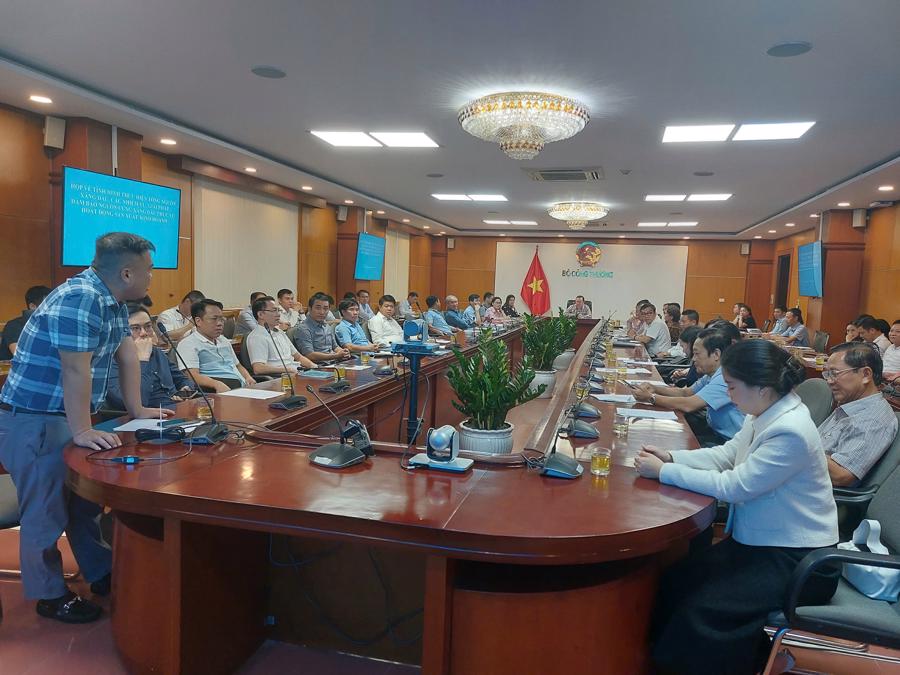
During the meeting, many enterprises shared their experiences regarding the impact of the third storm on their production, business, and distribution activities, especially for those located in the path of the storm.
Mr. Tran Ngoc Nam, Deputy General Director of the Vietnam Oil and Gas Group (Petrolimex), stated that about 100 Petrolimex stores were affected by the storm, with many experiencing roof damage. In addition, more than 30 stores were flooded and unable to operate.
However, Petrolimex has ensured a stable supply by maintaining reserves in their warehouses. They have also prepared for the potential impact of the fourth storm, guaranteeing a steady supply within the Petrolimex system.
ENSURING UNINTERRUPTED SUPPLY FOR THE REMAINDER OF THE YEAR
Looking ahead to the last four months of 2024, the Domestic Market Department forecasts a production volume of approximately 6.6 million cubic meters/tons from the two domestic refineries and an import volume of about 3.6 million cubic meters/tons. Thus, the total production and import volume is expected to reach around 10.2 million cubic meters/tons.
The estimated consumption for the last four months of the year is projected to be over 8 million cubic meters/tons, with inventory levels ranging from 1.8 to 2 million tons. According to Ms. Hien, barring any unforeseen circumstances, the gasoline and oil supply for 2024 will be sufficient to meet the demands of production, business, and consumer needs.
Mr. Tran Ngoc Nam added that the demand for gasoline and oil in the final months of the year is not expected to fluctuate significantly. While some people in storm-affected areas are stockpiling gasoline and oil, this is only a localized phenomenon. Therefore, the domestic supply of gasoline and oil will be adequate to meet the country’s requirements.
To ensure a stable supply of gasoline and oil for the country’s production, business, and consumer needs in the aftermath of the third storm, the Domestic Market Department proposed several measures to be implemented in the remaining months of the year.
The Ministry of Industry and Trade will instruct the trading enterprises to closely monitor their allocated minimum total sources and registered plans on a quarterly basis. They will also keep a close eye on the execution of the minimum total sources, especially for enterprises with low implementation rates.
There will be close coordination with the Departments of Industry and Trade of the provinces and cities to regulate and balance the supply and demand of gasoline and oil in each locality, particularly in the northern provinces affected by storms and floods.
If necessary, the Ministry will reallocate the minimum total sources from enterprises that are unable to execute their allocated plans to other trading enterprises to maintain a stable market.
Additionally, the Ministry will conduct inspections and supervise the business activities related to gasoline and oil as planned. They will also continue to coordinate with other ministries and sectors involved in the management of gasoline and oil products.
The Ministry of Industry and Trade has requested the trading enterprises to strictly adhere to the government’s directives and the Ministry’s guidance on ensuring a stable supply of gasoline and oil for production, business, and consumer needs.
The enterprises are required to proactively produce and import gasoline and oil to meet the domestic market’s demands, regardless of the circumstances. They must also comply with the allocated minimum total sources for 2024 and maintain reserves as stipulated.
Particularly, it is imperative to avoid any interruptions in the supply chain, from the trading enterprises to the distribution and retail enterprises. In all circumstances, sufficient supplies must be provided to the retail stores within their distribution systems to maintain regular operations. Enterprises should review and ensure that they continue to meet the conditions for trading gasoline and oil and comply with the legal provisions related to this field.



